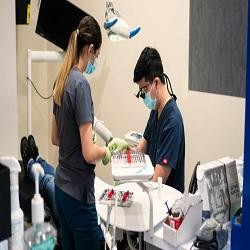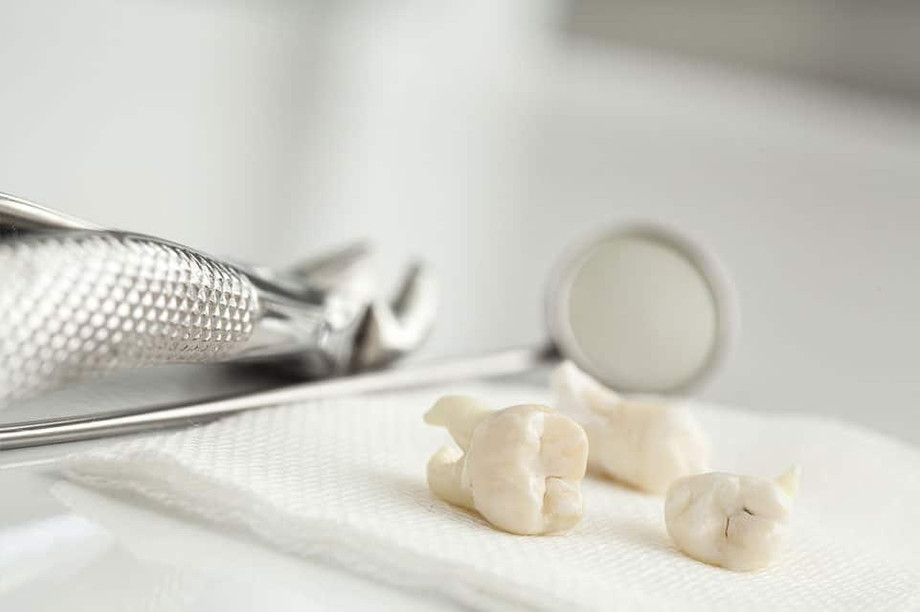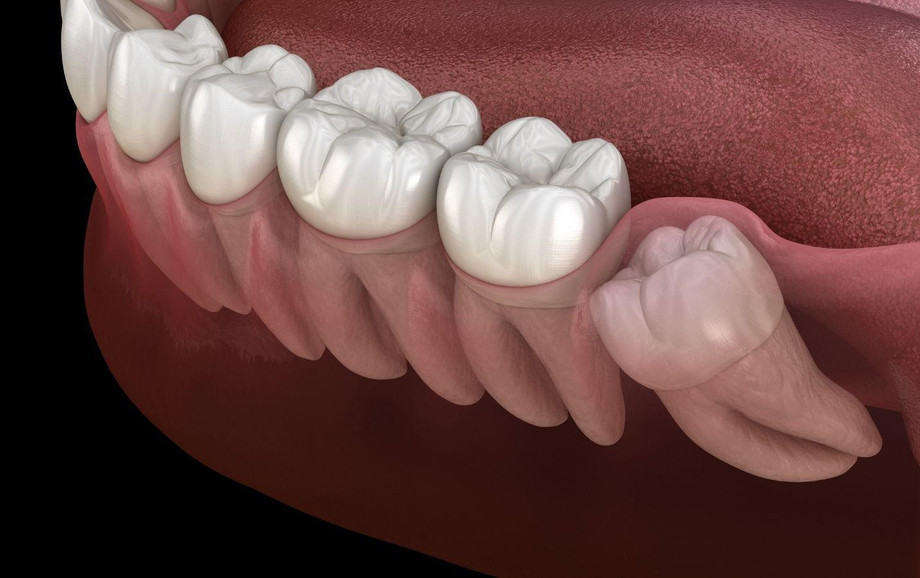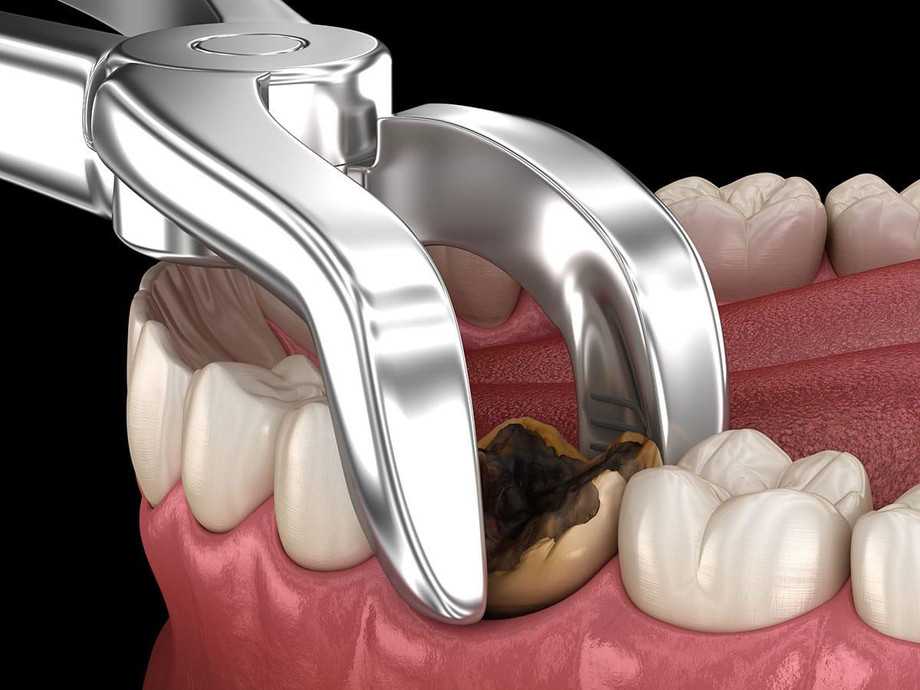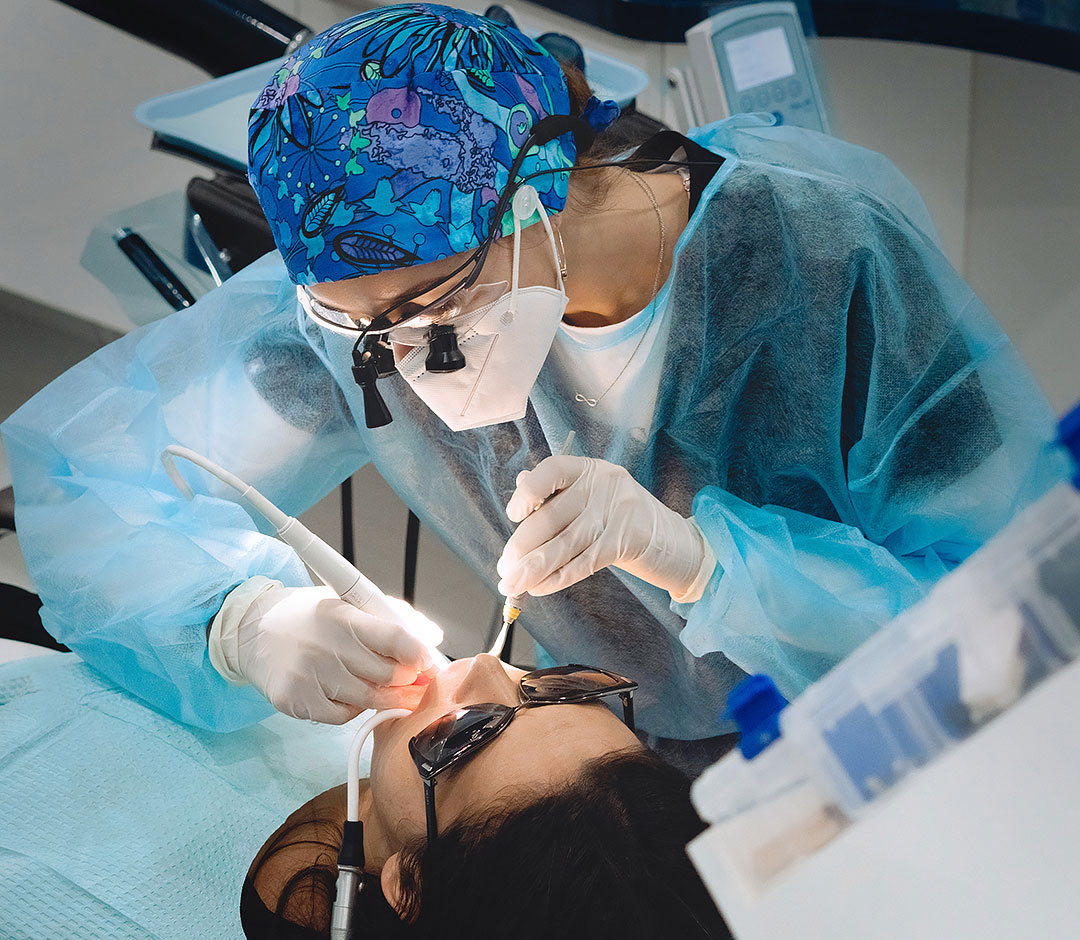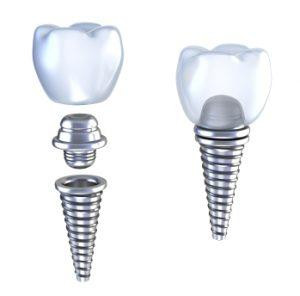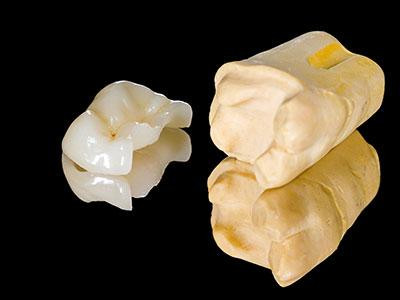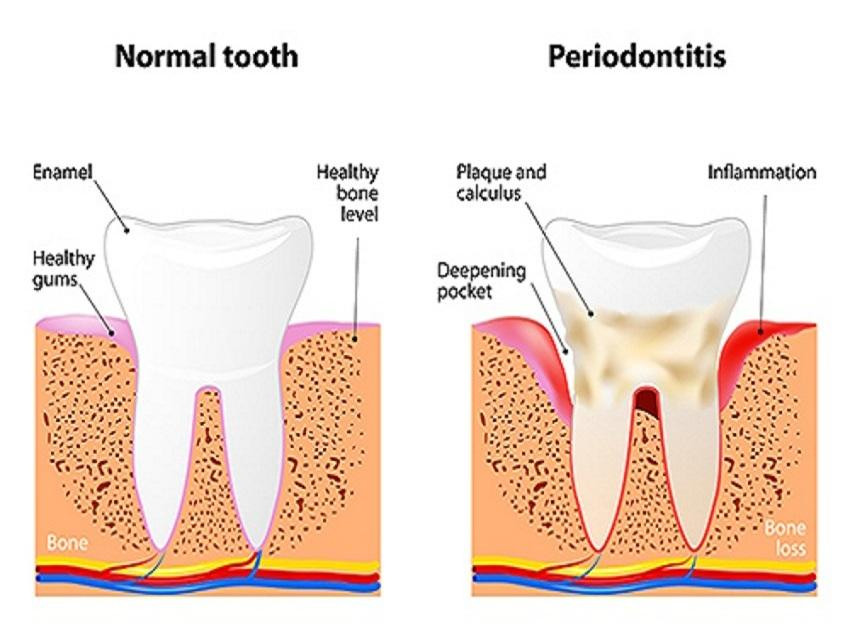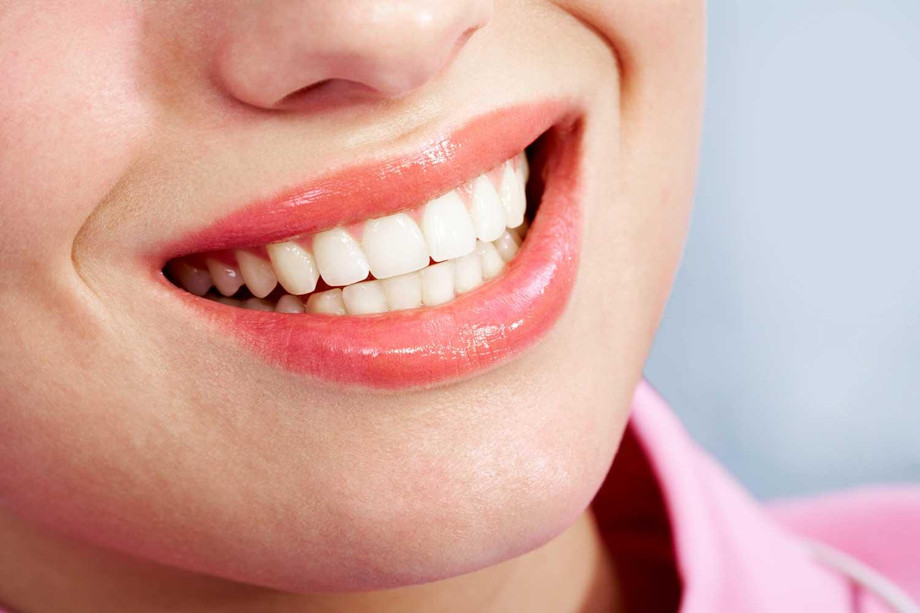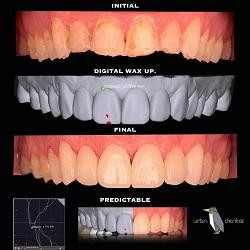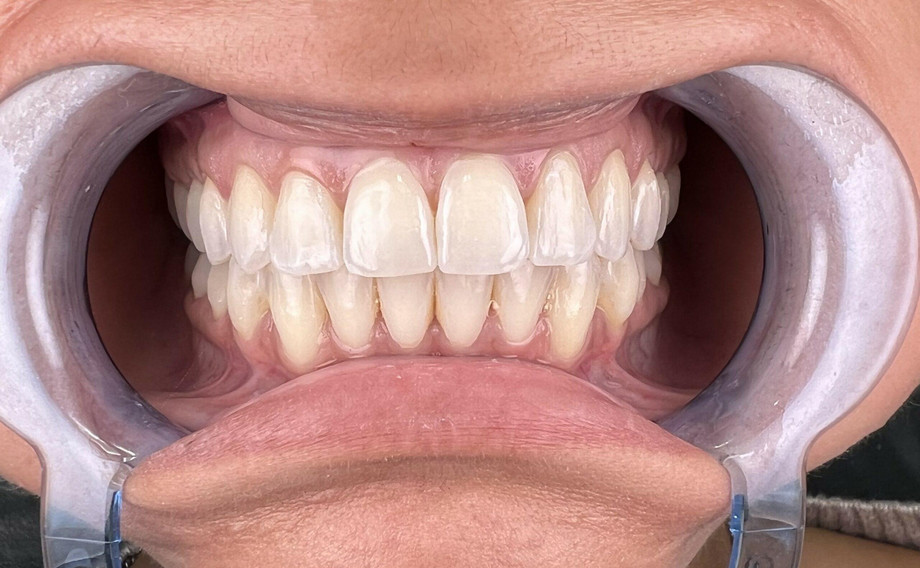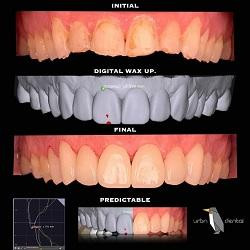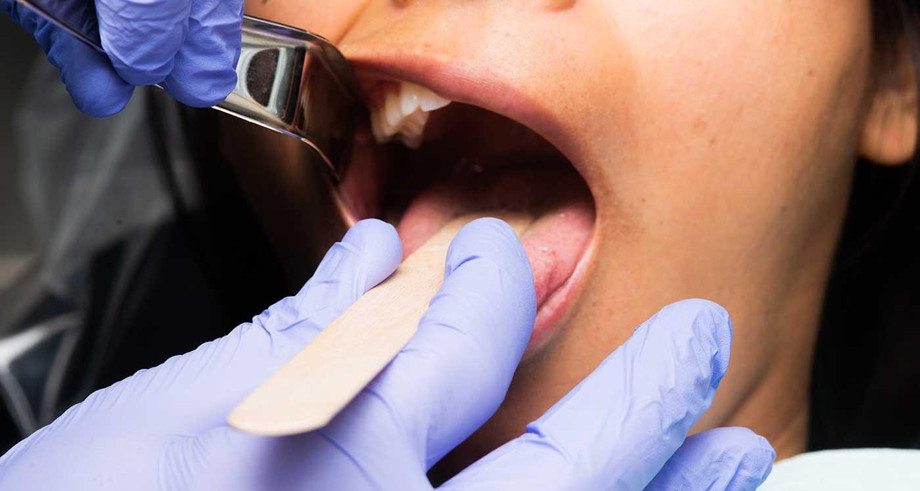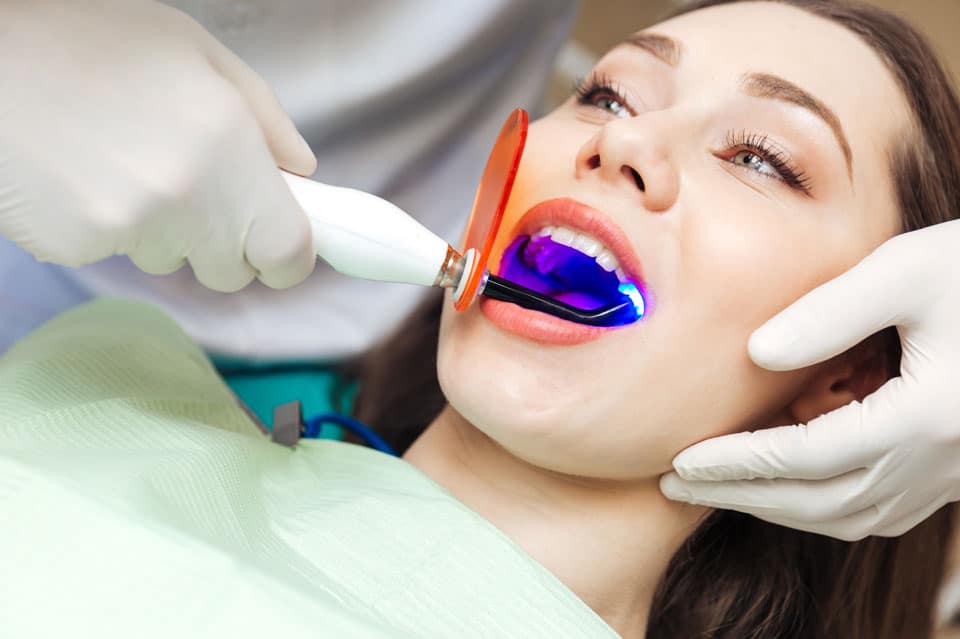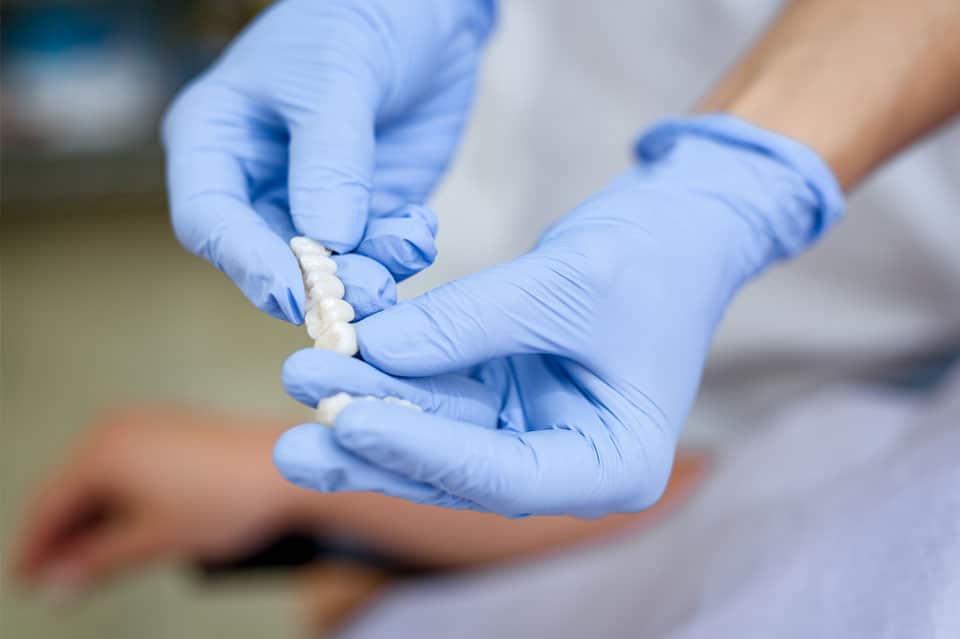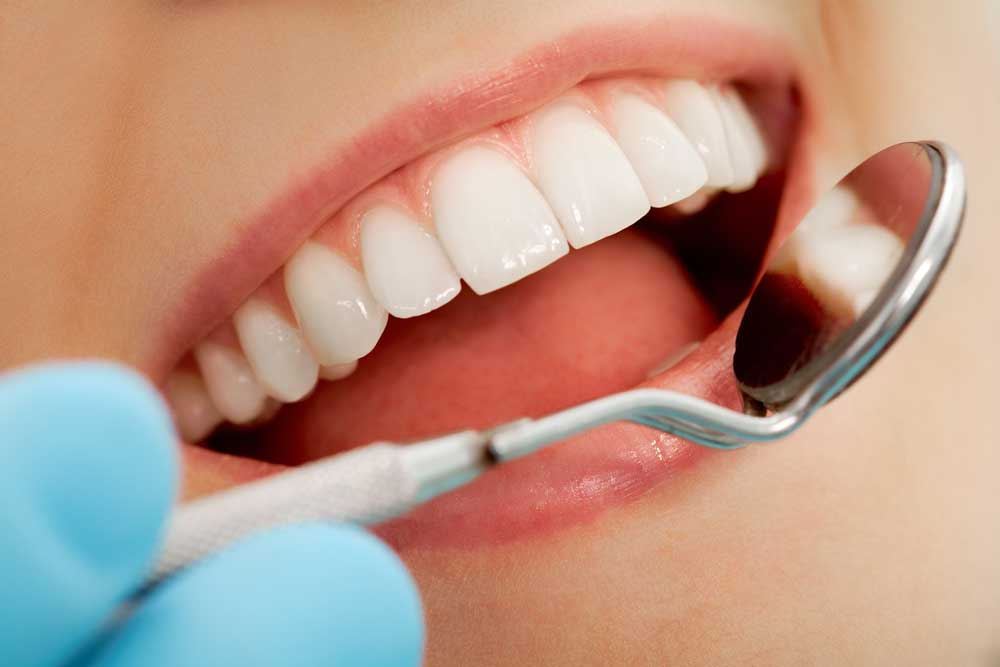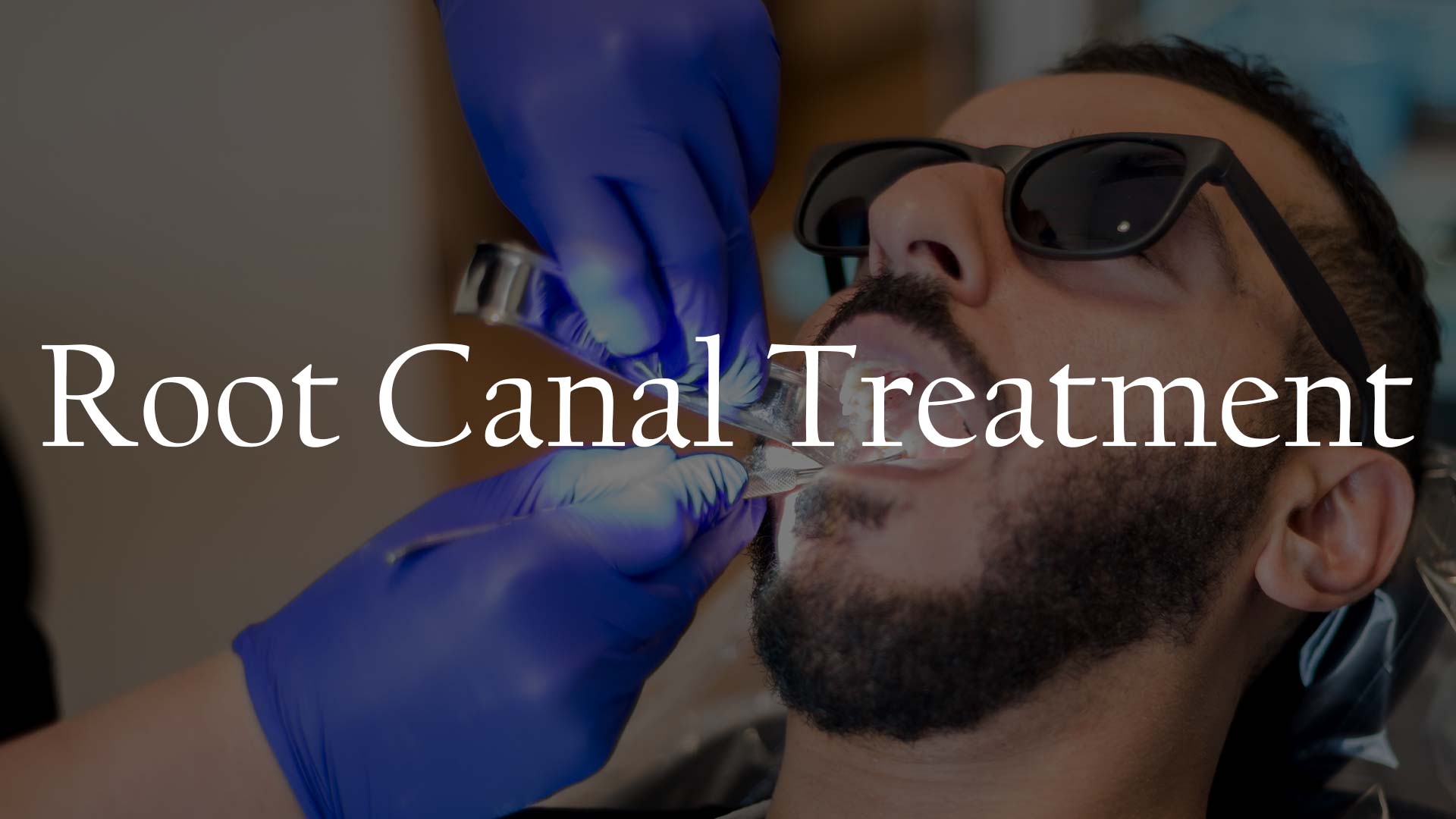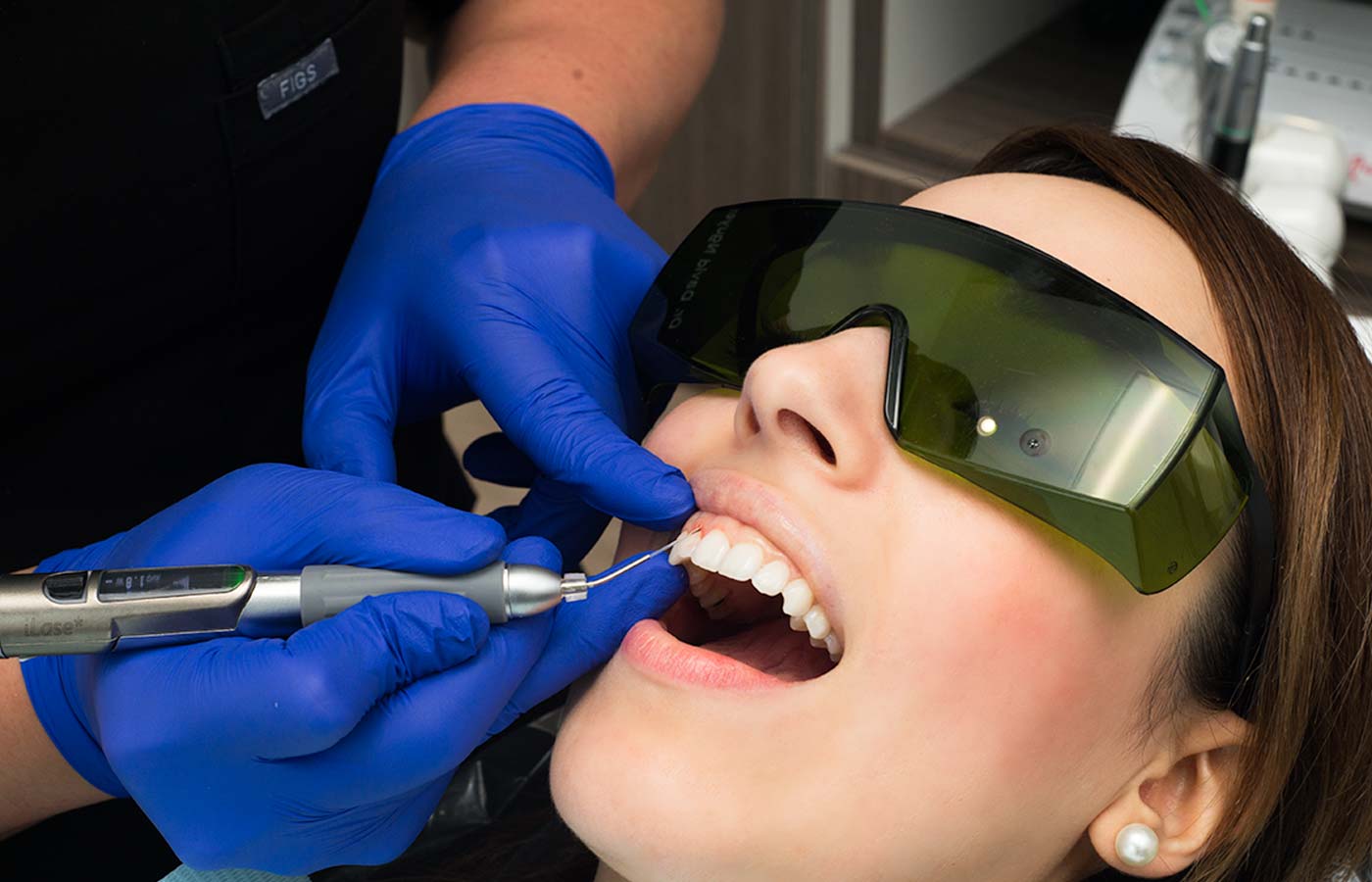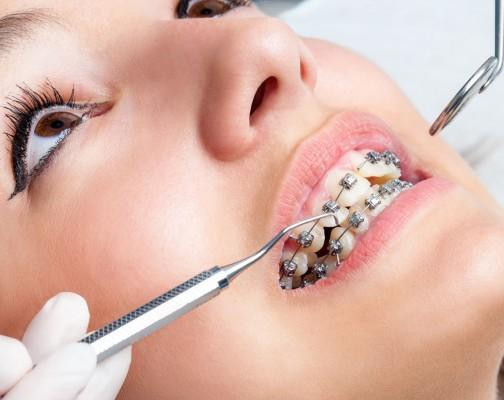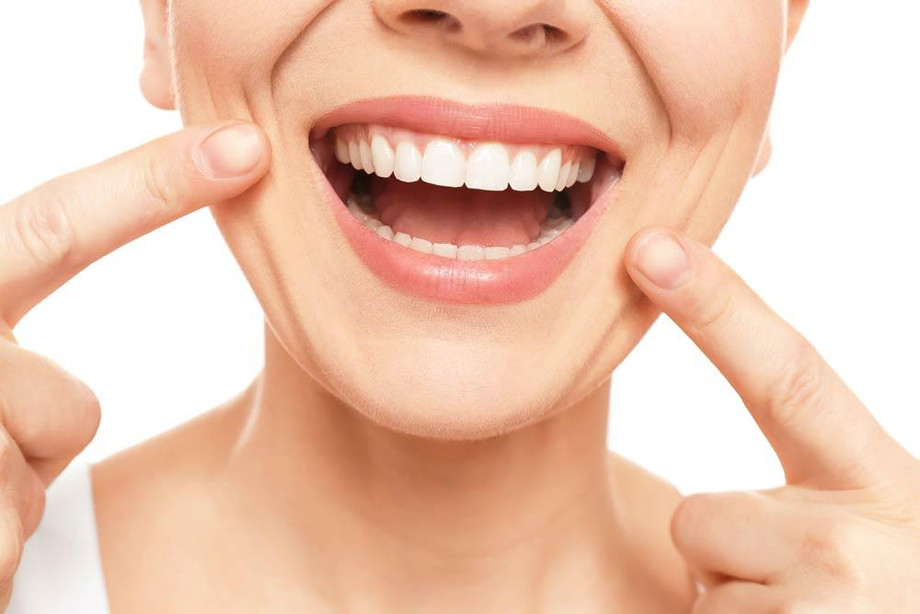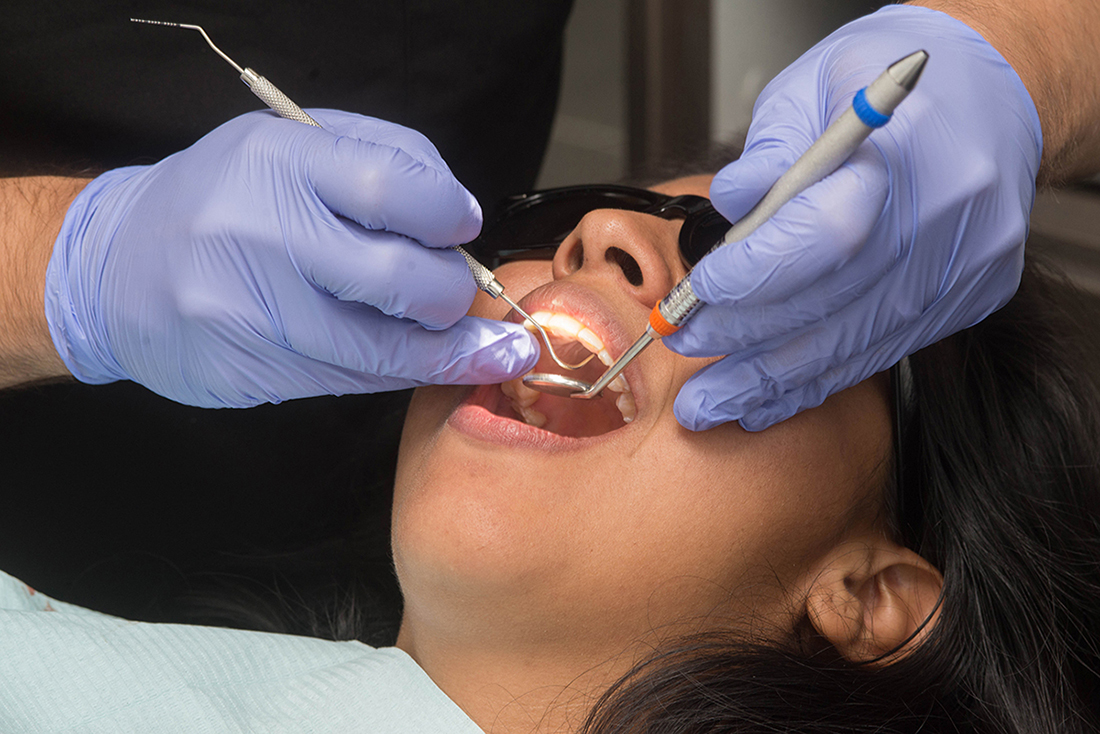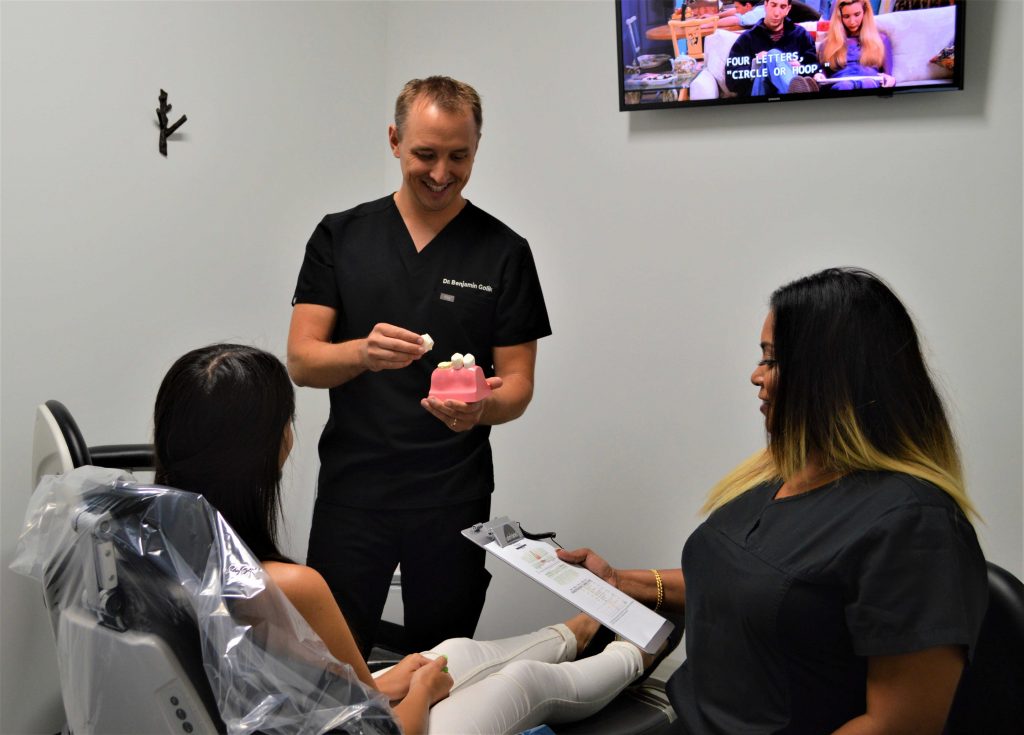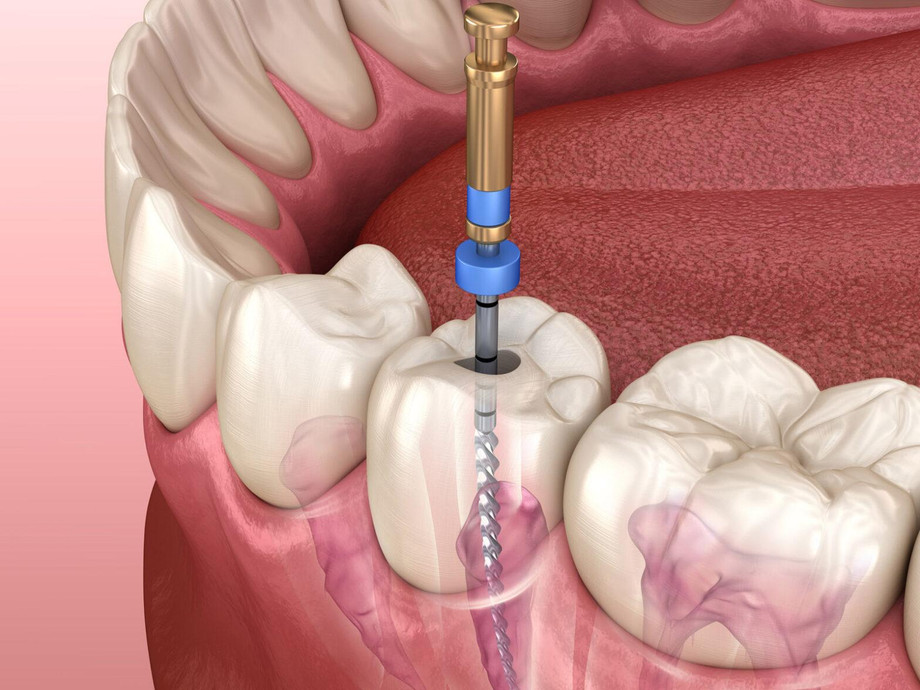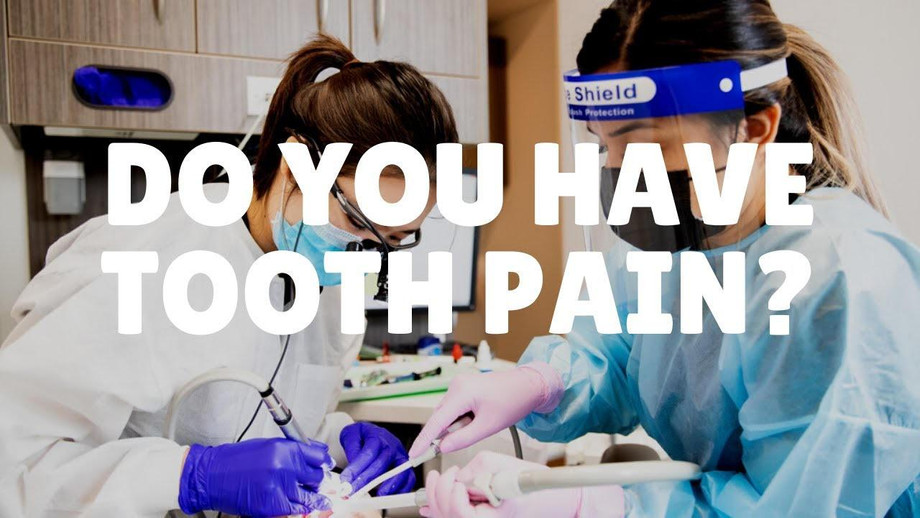Oral health is most important for various reasons. If patients suffer from gum disease, cavities, or have a bad odor, this can cause issues with your teeth and mouth. Our mouths are pathways for bacteria to enter the body. Suppose you dont perform dental practices or leave diseases untreated. In that case, bacteria may infect your bloodstream and cause inflammation in other body parts.
Taking proper care of your teeth and mouth can keep your body healthy and prevent severe future issues. Emergency Dentist Near Me encourages individuals to practice good oral hygiene at home.
What Problems Can Occur From Poor Oral Health?
Respiratory Infections
The bacteria can transfer into the lungs and cause respiratory infections, pneumonia, or even bronchitis if you have infected or inflamed gums.
Dementia
Inflamed gums release inflamed substances that harm your nerves and brain cells. This may result in memory loss or confusion and infected bacterial infections.
Cardiovascular Disease
You risk cardiovascular disease if you don’t practice good oral health. Then the bacteria may enter your blood vessels and can cause plaque build-up in the arteries, increasing the risk of a heart attack.
Prostate Problems
If a person suffers from periodontal disease, they may have prostatitis. This situation can cause irritation and other prostate-related problems such as blood in urine or pain and burning sensations during urination.
Diabetes
People with diabetes are more likely to have infected and diseased gums as compared to those who do not have diabetes. This will make diabetes worse to control because of unregulated blood sugar levels.
Infertility
Poor oral health and infertility in women are inter-linked. If a woman suffers infectious gum diseases, that may lead to issues with infertility. This is one of the causes of infertility in women and makes it harder for women to conceive or have children. Visit Dentist 77433 regularly to take necessary precautions before any severe disease happens.
How Can I Prevent These Health Issues?
Prevent serious health issues caused by inadequate oral habits such as smoking, alcohol intake, excess sugar consumption, and practices such as brushing and flossing. Scheduling regular dental check-ups or thorough examinations lets your doctor know the proper idea about the mouth condition for the best treatment possible. Also, visit Emergency Dental Service for routine check-ups at least twice a year.
Tips for Good Oral Hygiene
- Brush and floss your teeth daily
- Visit Emergency Dentist for routine check-ups and deep cleansing
- Avoid smoking, intake of alcohol, or using any tobacco products
- Use mouthwash and toothpaste that contains fluoride
- Avoid food and drinks that have lots of sugar
- Eat a balanced diet full of minerals and vitamins
- Daily exercise will help you to care for oral health.
If you take care of your oral health, you take care of your body. Your good oral health and hygiene can help prevent many infectious diseases such as gingivitis or periodontal diseases and eliminates any chances of more severe health issue in your body. Don’t let your infection or disease spread; contact Dentist 77079 to eliminate them.
Article Source : https://www.bloggingpalace.com/how-does-the-dental-disease-affect-the-body/
